I find the craft of writing to be like that. Sure, I've knocked out the first draft of some short stories in a few consecutive days (or even one!), allowing nothing to interrupt. For longer stories and novels, the process is more complicated -- and not merely because longer stories require (at the least) months to complete.
For longer works, the original story concept -- no matter how detailed my research, going-in outline, and character sketches -- benefits from a time-out. From a bit of aging, if you will. More often than not, I'll set aside a long work once the first quarter of it (give or take) is in first draft. Even when that pause comes simply from a reprioritization -- writing under contract must trump writing done on spec -- I've found that the time away is always for the best.
What's happened -- somewhere in the mind -- during the hiatus? It seems to vary.
- Maybe I've decided there's an opportunity to enrich the storyline, perhaps with whole new subplots. That's common.
- Maybe I've thought of ways to strengthen the ending -- with ripple effects back to the beginning.
- Sometimes, when I've tried to pick up just where I had left off, I've discovered that a character has used the alone time as an opportunity to flesh him/herself out, or object to some action I had had in mind for him/her ("Really? I wouldn't do that"), or clamor for a bigger role.
- When one sets a story in another time, or on another world, or involving a non-human intelligence, verisimilitude demands scattered snippets of creative, supporting background. They're often throwaway. Often I've seen in hindsight that such a bit of background is so cool, with so many prospective implications, that I can't resist expanding that bit into a major part of the story.
- And sometimes, when the interruption has been long enough, I've simply mastered enough new tricks of the trade to micro-edit the old draft into something better.
 |
| Aged to perfection? |
I was about 20K words into the latter's first draft -- that's less than 20% of the completed novel -- when Stuff Happened. But it was good stuff: Fleet of Worlds had attracted interest, and our soon-to-be publisher wanted a sequel, too. (In time he wanted three more.) Then he wanted -- and a few months later, he bought -- an extended version of a solo technothriller I'd submitted: Fools' Experiments. (Soon after, he would buy two additional, unrelated, solo technothrillers.)
You can see why I set aside the opening of the future InterstellarNet: Enigma (then with the working title The Matthews Conundrum).
I didn't get back to this interrupted project until 2012 -- at which point I had an epiphany. With a bit of rework and a tweaked ending, that first segment might be shaped into a standalone story. As a novella, "The Matthews Conundrum" ran in Analog (November 2013) -- and it's a personal favorite among works of my own writing. It inspired me to reexamine "What comes next?" The answer to that question, "Championship B'tok," also went into Analog (September 2014) and garnered a Hugo nomination. While all that unfolded, I worked out more and more implications of my imagined (dare I call it enigmatic ;-) ) alien technology.
And at the end of the process? When InterstellarNet: Enigma -- a novel begun, I remind you, in 2006 -- finally made its appearance this year, it was, IMO, far better for the twisty path it had taken.
Some would ask -- and fair enough: if first starts are false starts, why bother with detailed planning like an outline?
On writing panels at cons, I've heard some authors say they start writing with only a sketchy outline, or with none at all. They set out to see how far a general idea, the characters in their heads, and pounding on a keyboard will take them. (And some admit to having written themselves into corners. Sometimes they or a trusted friend or an editor can rescue that work. Sometimes they find themselves with lots of rework to do.)
I expect to stick with my process. I'll start every novel with an outline -- secure in the knowledge that it works for me, not the other way around. And when time permits, or circumstances dictate, there will be a pause after the writing is well underway.
What about the stuff that I write and then take out? Elements of plot that have been overcome by events? I save them all -- and sometimes they pop up in other contexts.
| A cover image sometime? |
| Is there a story in one of these? |
Go, subconscious!





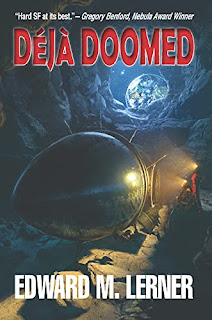
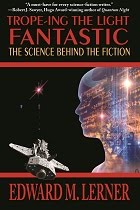

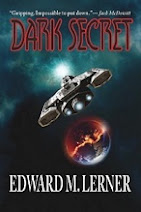




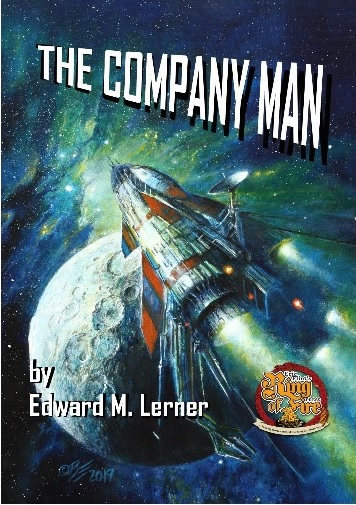







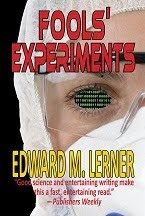
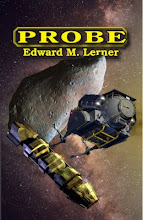






No comments:
Post a Comment